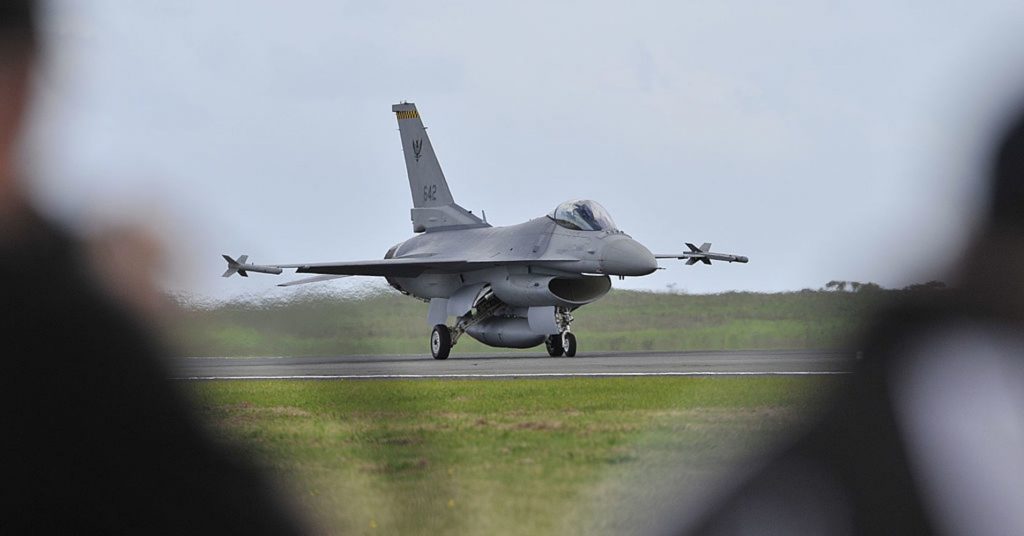
FILE PHOTO: Soccer Football – World Cup – Group H – Senegal vs Colombia – Samara Arena, Samara, Russia – June 28, 2018 Senegal’s M’Baye Niang is shown a yellow card by referee Milorad Mazic REUTERS/David Gray
June 30, 2018
By Brian Homewood
MOSCOW (Reuters) – Former World Cup final referee Arnaldo Cezar Coelho disapproves of fair play as a tiebreaker at the tournament and thinks a corner count would be a better way of separating teams who finish level on points and goals, he told Reuters.
Senegal became the first team in World Cup history to be eliminated on yellow cards after finishing level with Japan on points, goal difference and goals scored in Group H on Thursday.
The Africans picked up six yellow cards in their three games to Japan’s four. FIFA said it had no plans to change the rules.
Brazilian Coelho, who also criticized the use of video assistant referees (VAR) in incidents such as handball, said tiebreakers should be decided by objective criteria.
“The problem is that a yellow card is subjective… and some referees tend to be stricter and give more yellow cards than others,” he said in an interview. “So, if a team plays in a match with a stricter referee, they will be at a disadvantage.
“For me there is another way… counting corners. It’s a technical criteria and to win corners you have to attack, you have to play football.”
Japan’s final match, a 1-0 defeat by Poland, ended in farce as they effectively stopping playing, thereby avoiding picking up bookings or red cards that would have jeopardized their second-place finish.
“They wouldn’t have done that if corners had been used,” said Coelho, who commentates for Brazilian television.
He said there was nothing match officials could do in such circumstances and added that he was speaking from experience, having been a linesman during the so-called “non-aggression” match between West Germany and Austria in 1982.
“I felt powerless,” he said, recalling Germany’s 1-0 win that sent the both teams through at the expense of Algeria after a soulless kick about.
Coelho, the first non-European to referee a World Cup final when he officiated at the Italy-West Germany match in 1982, said that VAR was a good idea in principle but its use should be restricted to objective decisions such as offside.
“In these cases, VAR is important to resolve problems, to help save the referee… it’s a parachute,” he said.
“On the other hand, to resolve any incident which is a matter of interpretation, it’s very risky because the referee on the field sees the normal movement of the game and can interpret things at five meters distance by the movement of the players.
“The video referee, meanwhile, makes calls based on slow motion which distorts the incident because it does not always the reflect the intensity of the movement.”
Coelho said that similar handball incidents were still producing different decisions, even with the help of VAR.
“People interpret decisions differently, that is why there are controversies in football,” he said.
“There isn’t a common criteria among the VARs. We saw similar incidents such as handballs where one gave a penalty, the other didn’t… So we have the same problem which existed before.”
(Writing by Brian Homewood; Editing by Ken Ferris)

